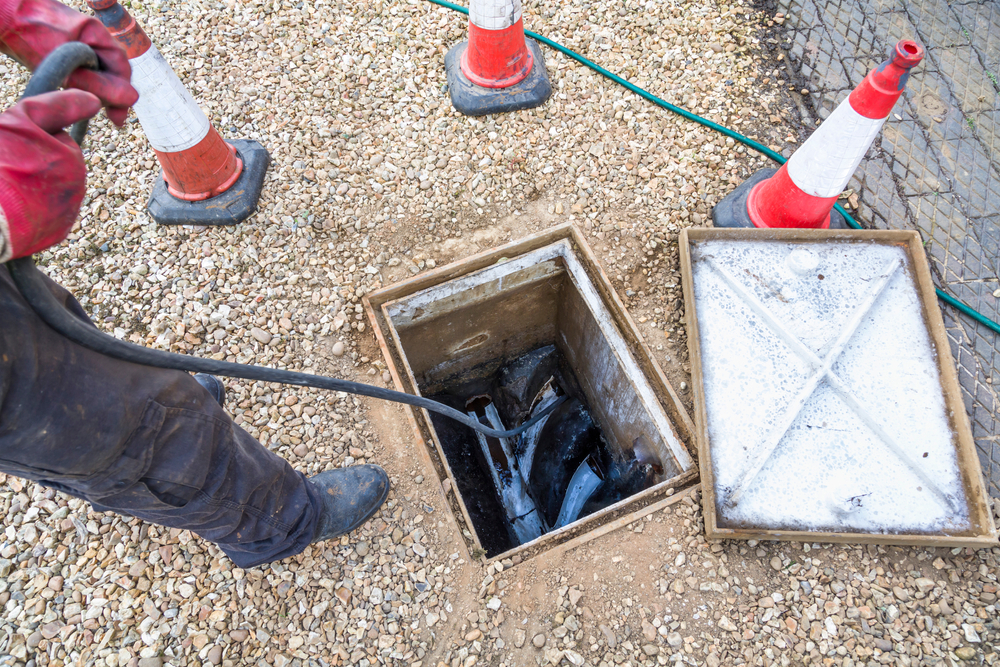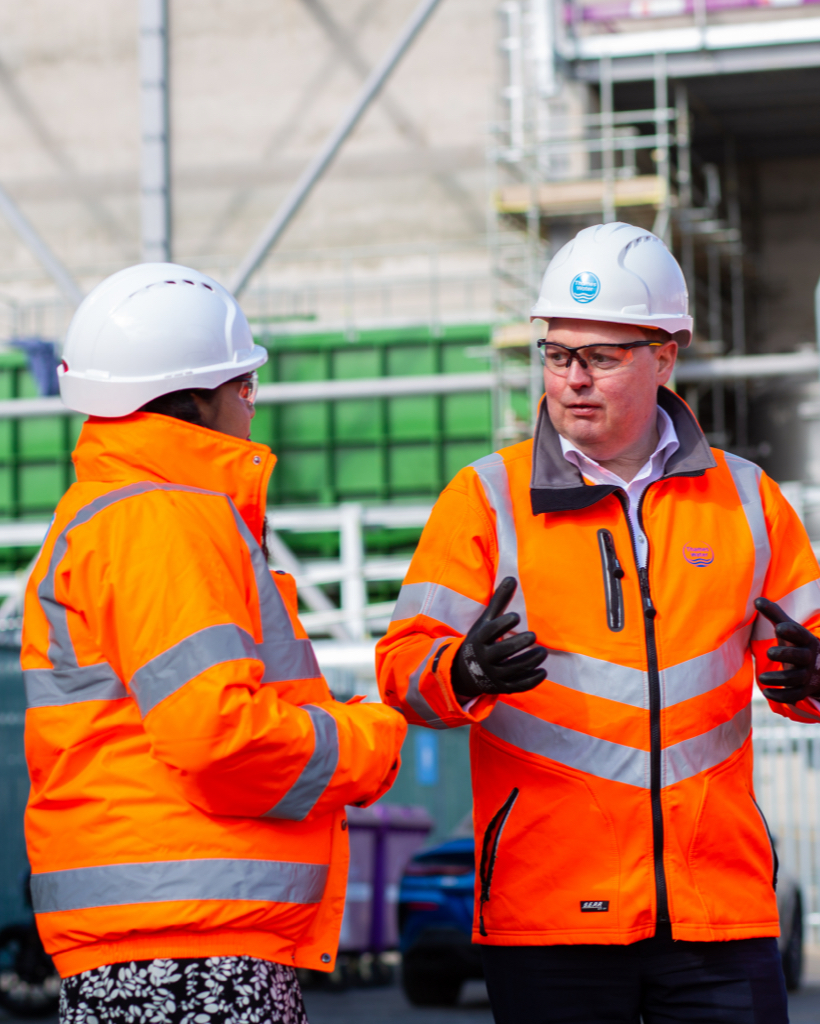How Close Can You Build to an Inspection Chamber?
Organising construction work on your property is always a major undertaking – not just because of the costs and timescales involved, but also because of the importance of ensuring that every aspect of the project is compliant with the relevant building regulations.
No matter what kind of project you are planning – whether you are adding an extension, a conservatory, a new garage or anything else – it is vital to make sure that none of the building work interferes with or damages the underlying pipework and drainage system. This includes ensuring that any nearby inspection chambers, manholes or other access points are blocked or obstructed.
Failing to do so can compromise the safety of your project and potentially get you in trouble with your local water authority, so it is essential to get up to speed on the relevant regulations before starting to make sure you are not building too close to an existing drain access point.
What are the rules for building near inspection chambers?
Inspection chambers allow those responsible for the public sewer system to access and survey the sewers and drains, and to perform essential maintenance and repair work. These entry points will be situated at key intersections along the length of the sewer pipe system, as well as in areas where there is a change in pipe size, or the pipe changes direction horizontally by more than 30 degrees.
These access points are essential for proper maintenance of the public drainage system, allowing your local utility company or water company to carry out essential checks of public sewers that serve more than one property. As such, there are strict rules in place to ensure they are never blocked off or rendered inaccessible by new building projects:
- Access points must not be covered up by the new extension including inspection chambers, manhole covers and rodding eyes
- The foundation of the new building must be situated at least 500mm away from the inspection chamber or manhole cover
If your current plans do not meet these criteria, then you will have to either change the shape or position of your new building project to provide the necessary clearance, or arrange for the inspection chamber and manhole to be repositioned as part of the construction work.

How to obtain approval when building near an inspection chamber
In order to ensure that your building project is not going to interfere with inspection chamber access or the functioning of your drainage system, you may need to apply for a build-over agreement with your local authority or water company before commencing work.
A build-over agreement will be required in the following circumstances:
- If the construction is within 3 metres of a public sewer, defined as a pipe serving more than one property
- If the construction is within 1 metre of the point where a private drain serving only your property crosses your boundary, where it becomes a public lateral drain
The nature of the permission process will also depend on the details of the project itself:
- If you are building over or near a domestic sewer with a diameter of 160mm or less, you can potentially apply for a self-certified build-over agreement, which allows you to apply online for free and confirm that your project meets all of the necessary criteria
- If you are building near a sewer with a larger diameter than this, or if your answers to the self-certification questionnaire do not meet the criteria, you will need to apply for an approved build-over agreement for a set fee. This will require you to work directly with the water authority to ensure your project meets the required standard
Find out more
To find out more about how this process works, take a look at the following water company guides:
- “Building over (or close to) a public sewer or lateral drain”, from South West Water
- “Building over or near a public sewer“, from Thames Water
If you want to learn more about inspection chambers and the regulations relating to access and maintenance, take a look at our guide to inspection chambers and manholes. You can also read our guide to incorporating inspection chambers into your garden.
For practical support and advice on any issues you might be having with inspection chambers, learn more about our manhole inspection services for commercial and domestic customers. Alternatively, call us on 0800 526 488 for more information, or fill in our online enquiry form to request a call back.







